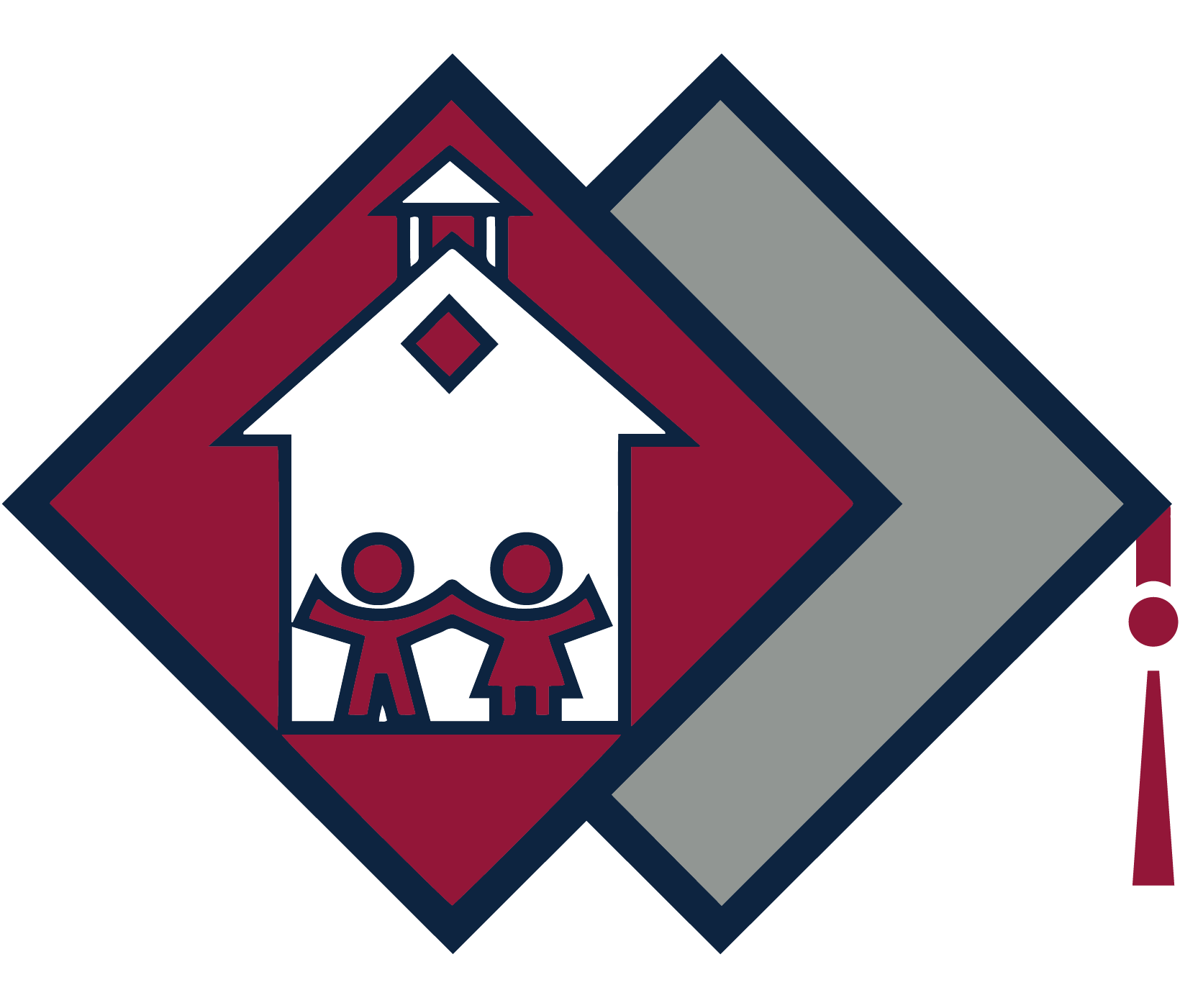Monthly Safety Tip from Officer Schild, Your College Place School Resource Officer
With so many scams going around, it can feel impossible to keep up. While we haven’t seen cases like this locally, I want to keep you informed as parents and adults about a trending scam targeting both adults and kids.
Verification Code Scam Alert
One scam to watch for involves verification codes, especially through Facebook Marketplace. Scammers may contact you about an item, saying they’ve been hacked before and want to confirm you’re “real” to avoid another hack. They’ll ask to send you a verification code, then request you to share it back with them. By sending them the code, you’re unknowingly giving them access to your accounts, including social media like Facebook or Instagram.
How This Impacts Kids
This scam is also making its way through schools. Kids receive messages from friends’ hacked accounts, saying things like, “My account is locked; I need friends to verify me.” The “friend” then sends a code, often a Google verification code. When kids respond with this code, it grants scammers access to their accounts, which they can then use to trick even more friends into the scam. Scammers often use hacked accounts to ask for money, pretending to be in an emergency and promising to pay it back tomorrow.
The Risks of Getting Hacked
Once a scammer has access to your phone or social media account, they can intercept any future verification codes you receive, even when you try to reset passwords or secure your accounts. Unfortunately, one of the only ways to stop this is by changing your phone number.
Stay Safe: Key Reminders
Never share verification codes.
Avoid listing your phone number on social media to prevent this risk.
Stay alert, and remember—keeping these details private goes a long way in protecting your information!
Officer Schild

